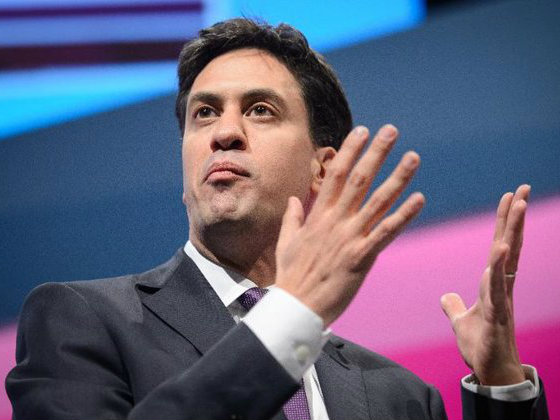Today at the Labour Party Conference, Ed Miliband is due to give the main speech. It is based on a ten-year plan to support the NHS with a “mansion tax” on homes worth more than £2 million and a windfall tax on tobacco companies. He also wants to fund a 10p starting income tax ban by scrapping the marriage tax rate.
The ten-year plan includes:
- The generation of a million green jobs in the hi tech sector
- A 50 percent reduction in the low paid who earn two-thirds of median income
- Increasing from 200,000 to 400,000 the number of first time buyers
- Encouraging school leavers on apprenticeships to enter university
- Wealth sharing aimed at working families
He will go on to make the point that “For Labour, this election is about you. You have made the sacrifices, you have taken home lower wages year after year, you have paid higher taxes, you have seen your energy bills rise, you have seen your NHS decline, you know this country doesn’t work for you.”
Possibly, because Miliband does not want to antagonise Labour and UKIP voters, he makes no mention of immigration or welfare. He does, however, allude to the disengagement of the electorate by saying: “Can anyone build a better future for the working people of Britain?…So many people have lost faith in the future. I’ve met young people who should have the brightest of futures who tell me their generation is falling into a black hole. People in England who think all politics is rubbish.“
Perhaps Miliband’s boldest move is the windfall taxation on tobacco company profits. Tobacco companies under increasing pressure with possible plain packing laws, will no doubt heavily object. Over 80 percent of the price of a packet of cigarettes is taxation.
The windfall tax may, ironically, have a detrimental effect on the public sector. Always a good share price performer and paying good dividends, local council pension fund managers had in 2012, collectively £167 million invested in tobacco companies. Miliband’s sin tax could leave a shortfall in pensions only to be an additional burden from local and central funds.
Smoking is a pastime disproportionately enjoyed by those on lesser incomes. Around 28 percent smoke and thus this can be seen as a tax on the poor. Other unintended consequences could be, through higher prices, yet another reason to boost the illicit trade.
Certainly the cost to the NHS is highly questionable. The Dutch Health Ministry found from the age of 20 to death, smokers were in fact the cheapest people to treat, less than that of the obese and healthy. Smokers in taxation pay upwards of £12 billion a year to the Treasury.
The Labour Party after thirteen years rule left the UK finances in a perilous state, which the Conservative Party has only added too. It maybe the first time in living memory a Conservative government has left the country in a worse state than they have inherited. Ed Miliband’s sin tax and spending is hardly an indication that they have learnt a lesson.

COMMENTS
Please let us know if you're having issues with commenting.